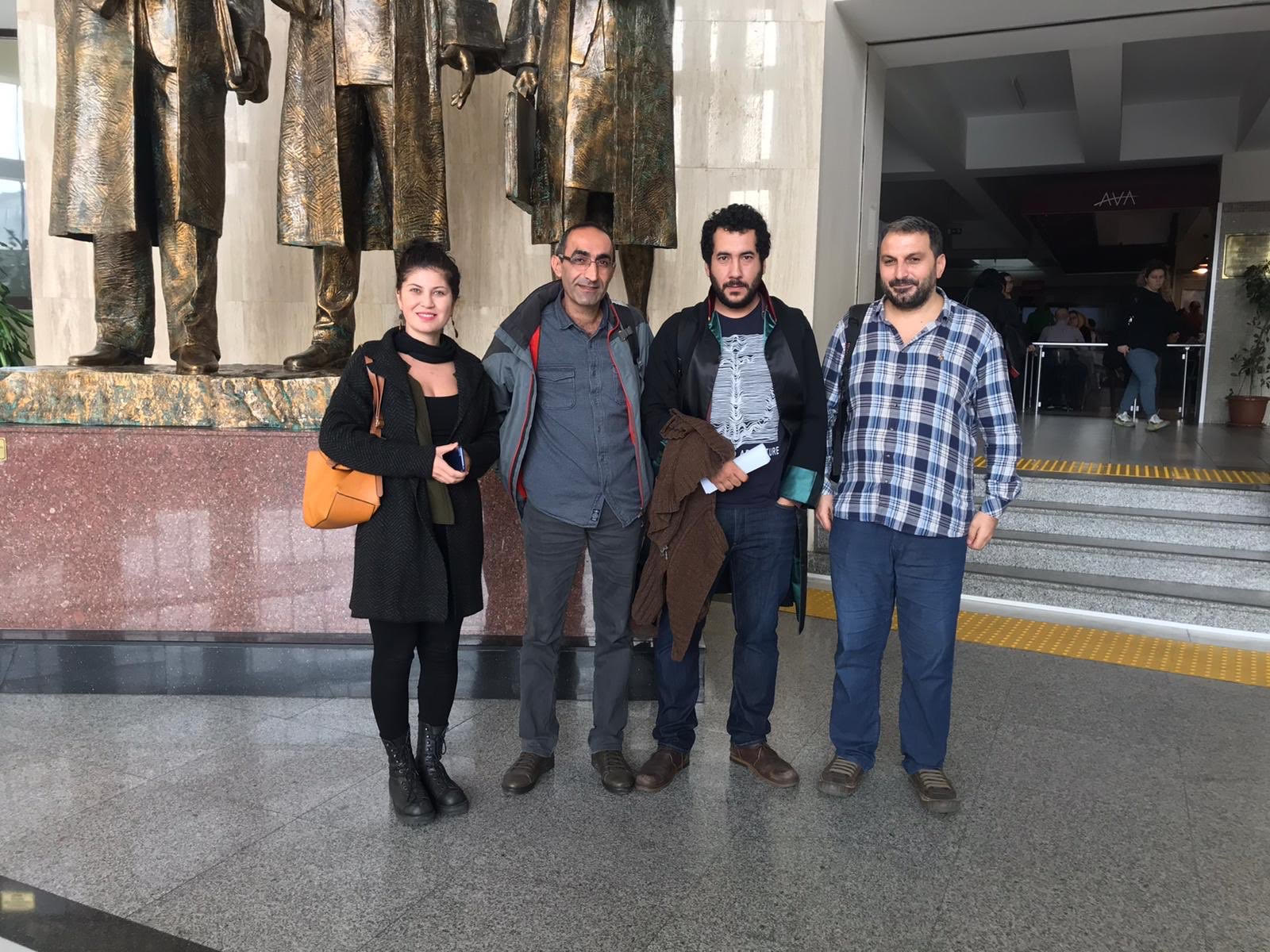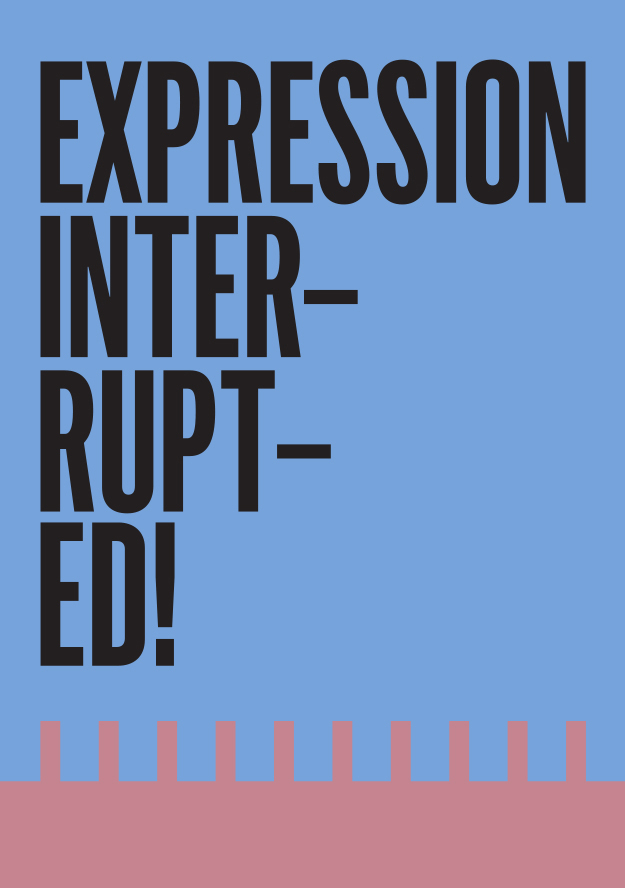Journalists and academics bear the brunt of the massive crackdown on freedom of expression in Turkey. Scores of them are currently subject to criminal investigations or behind bars. This website is dedicated to tracking the legal process against them.


Polat, the editor-in-chief of Evrensel daily, was standing trial over an article published in 2017, in which he quoted an article by Craig Shaw
CANSU PİŞKİN, İSTANBUL
The fourth and final hearing in the trial of Fatih Polat, the editor-in-chief of Evrensel daily, on the charge of “insulting the president” took place on 14 November 2019 at the Bakırköy 31st Criminal Court of First Instance.
The lawyers representing President Recep Tayyip Erdoğan had filed a complaint against Polat after his article “Erdoğan ailesiyle ilgili bu iddialara muhatapları ne diyor?” (What do those addressed say about these allegations concerning the Erdoğan family?), published on 28 May 2017 in Evrensel, was already removed from the website upon the order of an Istanbul court.
P24 monitored the hearing, which began 23 minutes later than scheduled due to the late arrival of Erdoğan’s lawyer Gökhan Yılmaz. Fatih Polat was in attendance with his lawyers Devrim Avcı and Mustafa Söğütlü.
The presiding judge Aysel Sevcan informed those in attendance that Erdoğan’s lawyer had filed an objection against the expert opinion concerning Polat, submitted to the court by the London-based freedom of expression organization Article 19. Reiterating his objection, Yılmaz asked the court to sentence Polat.
Speaking next, Polat’s lawyer Avcı reminded the court that the original news report published on the website theblacksea.eu, by Craig Shaw, which was the article referred to in Polat’s column, was still accessible online. Avcı said that while a news report such as Craig Shaw’s was found worthy of an award elshere in the world, in Turkey punishment was sought over it.
Reminding that case-law by the European Court of Human Rights (ECtHR) and the Supreme Court of Appeals held that political figures must tolerate harsh criticism, Avcı said that being a political figure, the President, who also the Justice and Development Party’s (AKP) chairman, was not immune from such criticism. She said, “The news story in question is within the scope of freedom of expression. It is lawful and does not cross the line of reporting.” She asked the court to acquit her client.
Asked for his final words, Polat said that his final defense statement would be about journalism and he went on to recount an episode that took place a day before the hearing was held at the meeting between Erdoğan and Trump. After responding to questions from journalists, Trump had asked if there were any Turkish journalists to ask questions to Erdoğan. “This was an embarrassing scene,” Polat said. Then Erdoğan’s lawyer interfered and asked “What has this defense statement have to do with journalism?” upon which the presiding judge warned Yılmaz, reminding the lawyer of Polat’s right to deliver his defense statement. Continuing his statement, Polat said: “It is the job of the journalist to ask questions. If we give up asking questions, we cannot do journalism.” Asserting that he did not commit the alleged crime, Polat asked to be acquitted.
Announcing its verdict at the end of the hearing, the court ruled to acquit Polat of “insulting the president” on the grounds that the article was within the scope of the freedom to inform the public as per Article 28 of the Constitution.